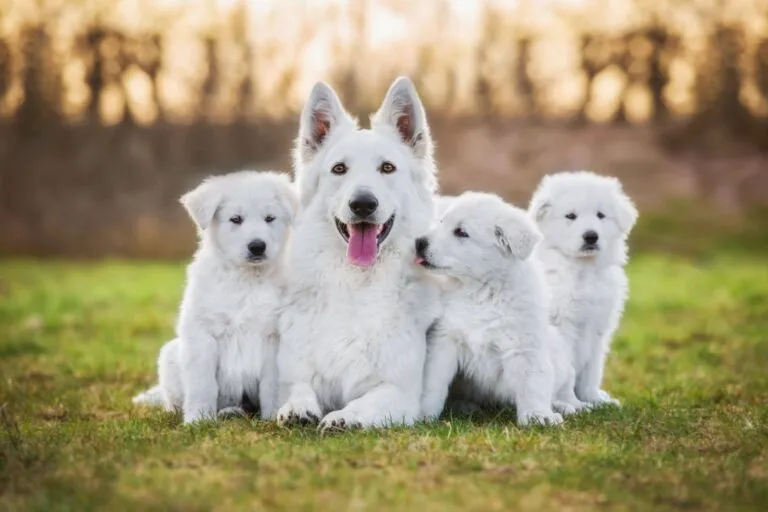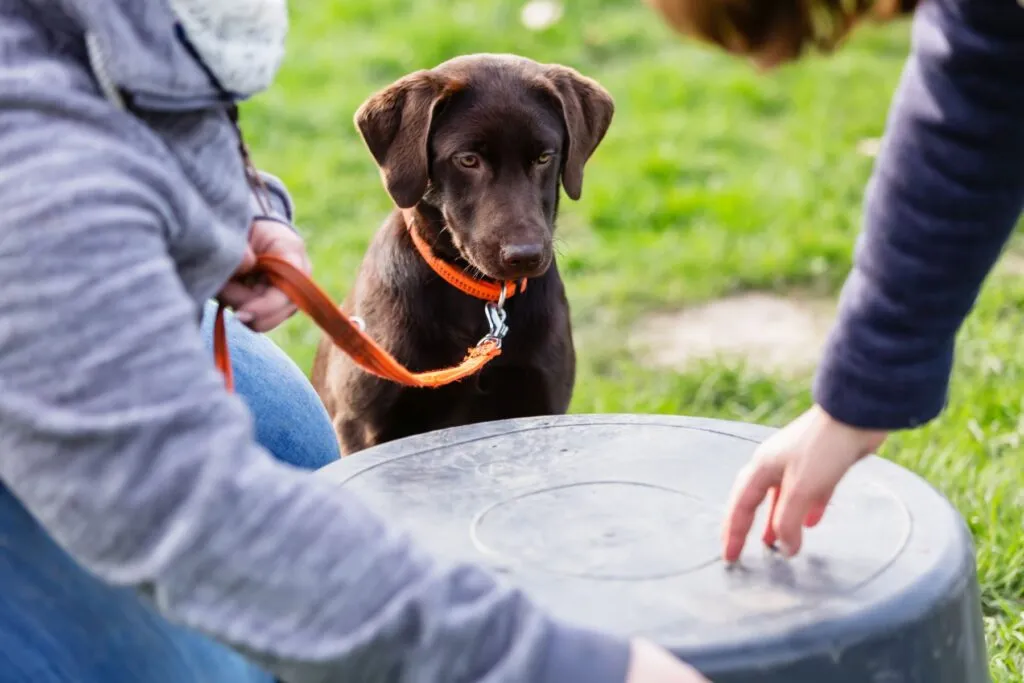The Adolescent Phase
Young dogs enter the adolescent phase between the ages of six to twelve months, depending on their breed. This phase starts with puberty and continues until around two years of age when they reach maturity.
Puberty
The initial stage of this phase, also known as the teenage years, can last up to the second year of age, varying based on the breed and individual dog. Similar to human adolescents, young dogs may face challenges in cooperation when their sex hormones become active. Suddenly, a well-trained dog may struggle to follow commands, even ones they previously mastered.
During this period, it is important to remain relaxed yet consistent in your approach. Building on the trust and relationship developed in the earlier months is key. Continue lovingly practicing commands with your young dog.
Maintaining contact with other dogs is crucial during this phase, but it should be done in a calm and controlled manner, avoiding power struggles and conflicts.
Maturity
The maturity phase typically begins around two years of age, varying based on the breed. It is during this time that breed-specific traits and characteristics become more pronounced and solidified. Various degrees of territorial behavior are common.
Hormone levels stabilize, resulting in more predictable behavior towards other dogs. They become more selective in accepting playmates and may discourage pushy behaviors from others.


